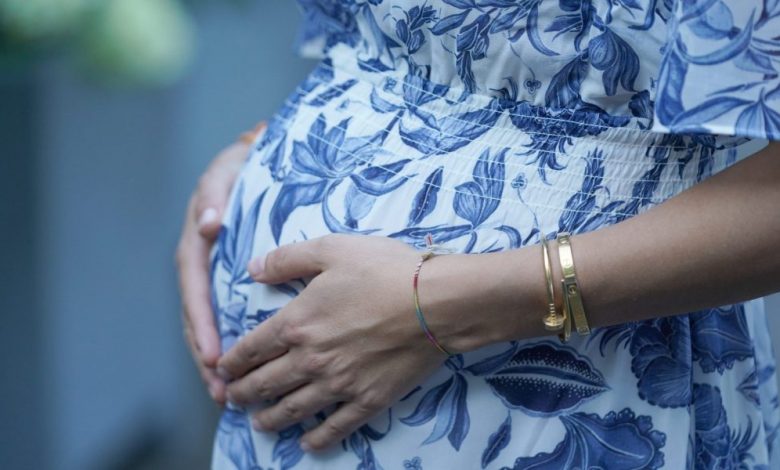Unproven birth drug Makena to be withdrawn from US market

The maker of an unproven drug meant to prevent premature births says it will voluntarily remove the product from the US after regulators signaled plans to continue a long-delayed attempt to ban it from the market.
The drug Makena is a synthetic version of the hormone progesterone, which is needed to maintain pregnancy. It is the only drug FDA approved to reduce the risk of preterm birth.
Covis Pharma’s removal announcement on Tuesday comes approximately four years after Makena failed to show any benefit in helping mothers carry pregnancies.
Since then, the Food and Drug Administration has sought to pull the drug off the market, despite repeated requests from Covis for more time for additional research. The injectable drug has become a symbol of the challenges the FDA faces in order to withdraw a drug when the manufacturer does not voluntarily do so.
In fact, the timing of the drug’s removal remains uncertain. Switzerland-based Covis said in its press release that FDA regulators had rejected their proposal to halt use of the drug for several months.
The company said an extended off-ramp would give women still receiving the drug time to complete their treatment, which includes weekly injections beginning at 16 weeks into pregnancy.
However, the FDA made it clear that it would continue its process to force the drug’s removal on its own terms, the company said. In a separate filing Wednesday, drug regulators recommended the agency make the revocation “effective immediately.” The agency noted that there is no evidence of “harms from discontinuing Makena, such as B. Signs or Symptoms of Withdrawal”.
FDA Commissioner Robert Califf is expected to decide the fate of the drug soon, in consultation with the agency’s chief scientist.
Covis submitted its proposal to the FDA after an October public meeting at which outside consultants overwhelmingly concluded that Makena is not working and its approval should be revoked. Despite hours of presentations and debate, the panel was unconvinced by Covis’ arguments that the drug could be useful for a subset of women.
Such hearings are exceedingly rare and only occur after a drugmaker has denied initial FDA requests to withdraw its drug.
“While we stand by Makena’s favorable benefit-risk profile, including its efficacy in women most at risk of preterm birth, we are committed to voluntarily withdrawing the product and working with the FDA to achieve an orderly resolution,” said Raghav Chari, Covis ‘ Chief Information Officer, in a statement.
The company added that it “remains ready to work with the agency” to remove the drug despite disagreements over the timeline.
About 10% of US births occur prematurely, before 37 weeks, increasing the risk of serious health problems and even death in infants. The problem is more common in black women.
The FDA granted Makena accelerated approval in 2011 based on a small study in women with a history of preterm birth. The accelerated approval has been made contingent on a larger follow-up study to confirm whether the drug leads to healthier outcomes for babies.
In 2019, the results of this international study of 1,700 patients showed that the drug neither reduced preterm births – as originally thought – nor resulted in healthier outcomes for infants.
Despite these findings, reproductive specialists — including members of the American College of Obstetricians and Gynecologists — have advocated keeping the decades-old drug available while more research is conducted.
The group said Wednesday its current guidelines remain in effect pending a final decision from the FDA.
“It is critical that other effective interventions are identified to prevent recurrent preterm birth for the health and well-being of our patients and their families,” the group said in a statement.
wealthThe CFO Daily Newsletter is the analysis every finance professional needs to read to get ahead. Sign up today.



